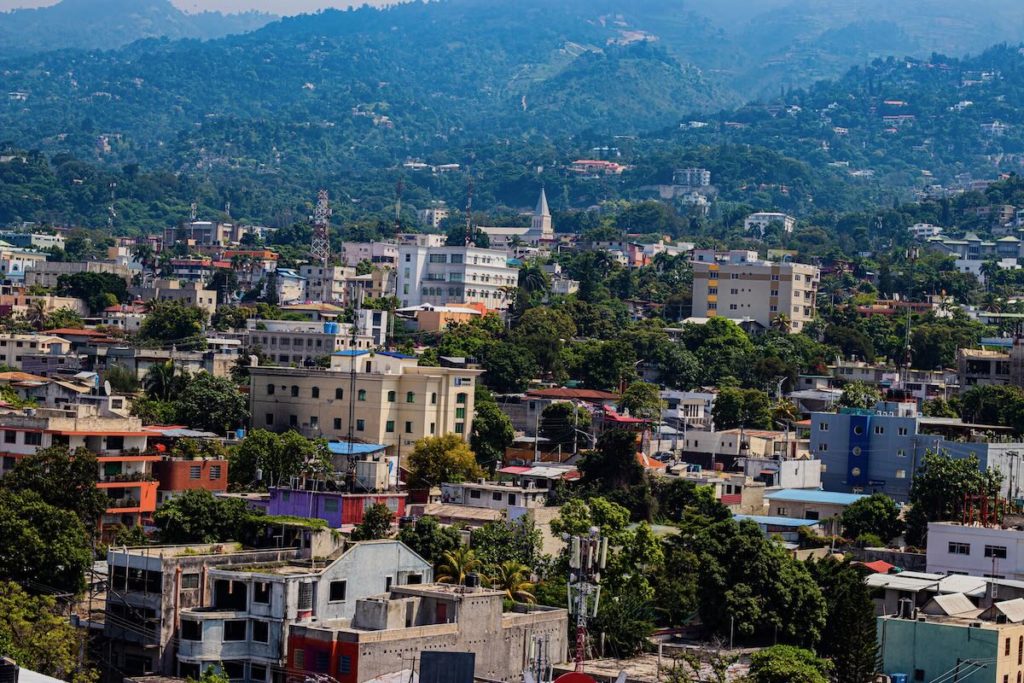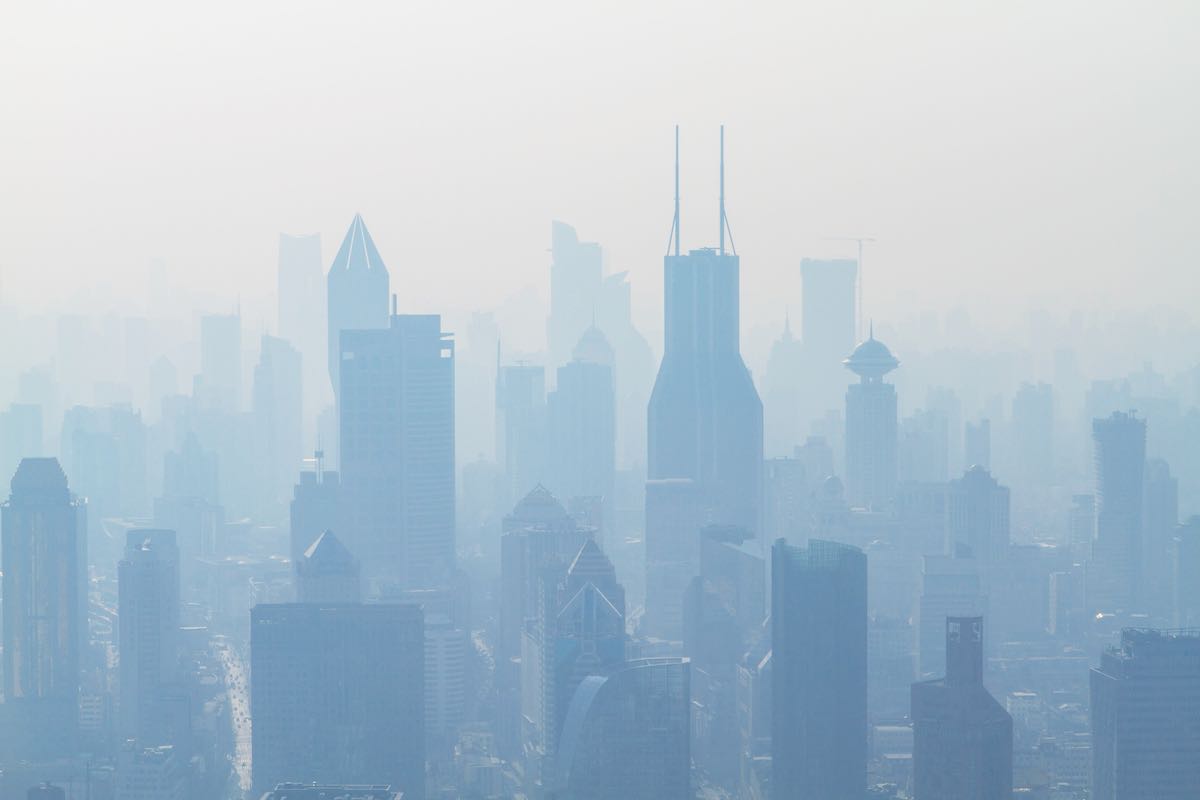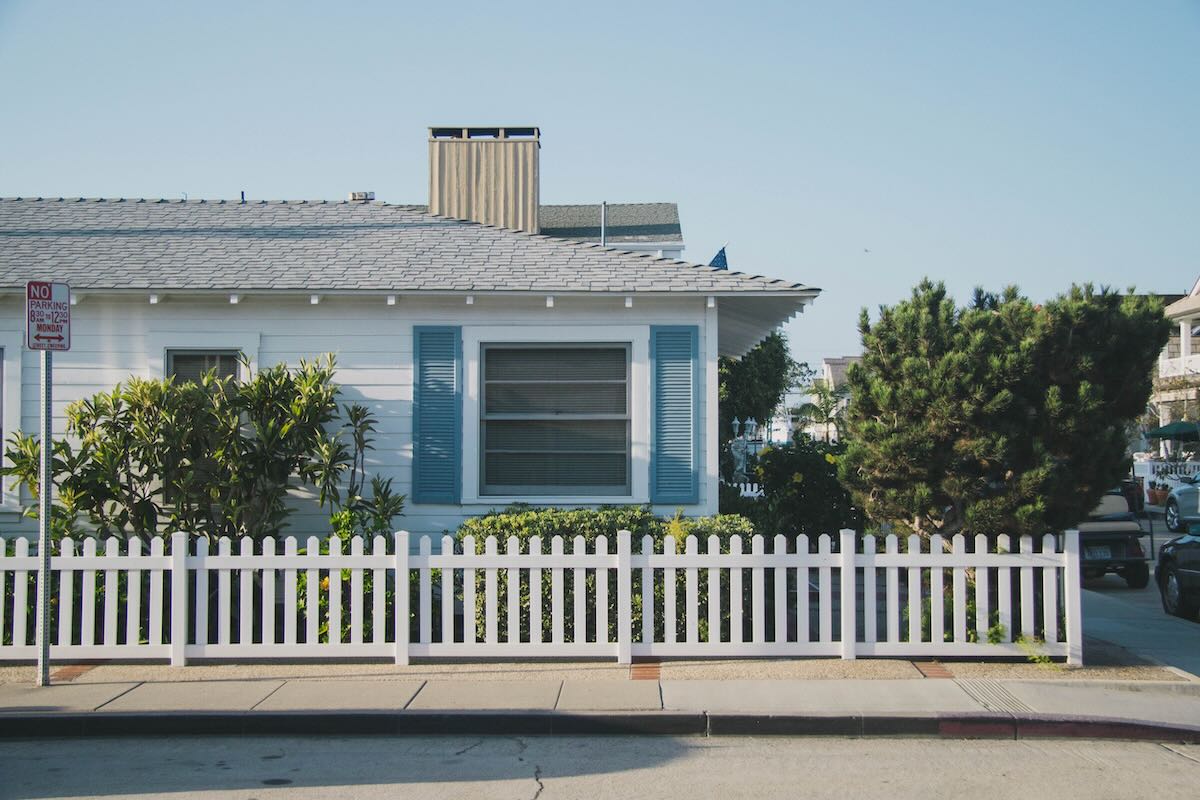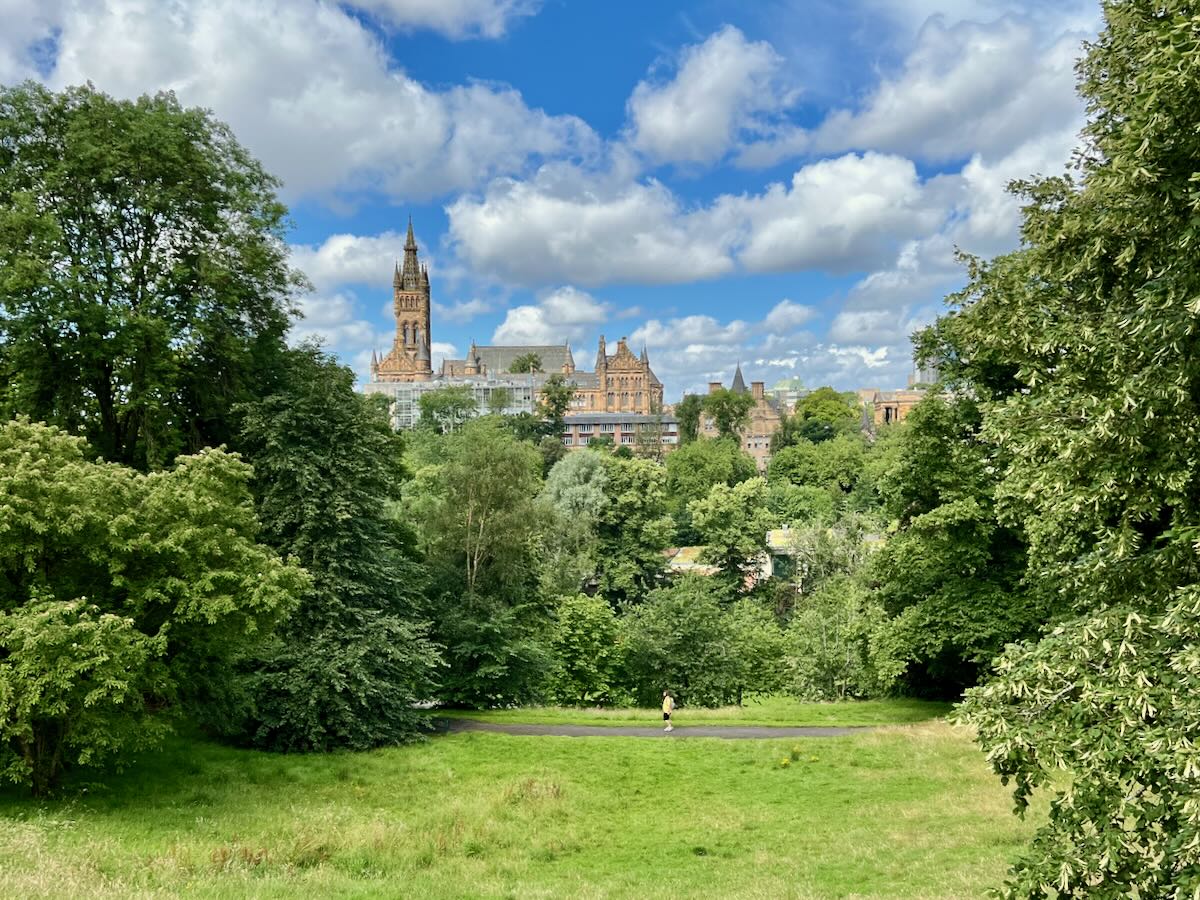Week Ending May 27

These are some of the stories from the “inside pages” that caught my eye the week ending May 27:
- Uvalde, Texas – How is this normal?
- Who are the Teals?
- Why is Haiti a basket case?
- The Microlino
Uvalde, Texas
Hardly an inside-pages story! But how can I write anything about the week ending May 27 without comment on this tragedy! So first, some headlines:
- The spate of gun violence shows American exceptionalism at its worst, The Economist, May 27, 2022
- Why can’t America fix its gun crisis? The Sydney Morning Herald, May 27,2022
- La tuerie de Texas ternit l’image des États-Unis dans le Monde – Journal de Montréal, May 27, 2022 (Translation : The Texas slaughter tarnishes the image of the United States around the World)
- Texas school shooting: gunman was inside for 40 minutes, officials say – updates as they happened The Guardian,London, May 26, 2022
The gunman started shooting twelve minutes before entering the school, where he stayed killing children and teachers for 46 minutes while heavily armed police stood by, waiting. For what?
Dawson College Example
Compare that to the actions of four lightly-armed Montréal police officers in 2006. They chased down a shooter at Dawson College who was armed with an assault rifle, a hand gun, and a shotgun. Two rookie policemen, a man and a woman, started the chase outside the school where the first few shots were fired. The shooter managed to wound nineteen and murder one teen-age student. However, the then new Montrèal protocol of “first officers pursue and engage” for shooting events, prevented something much worse.
In typical bad taste, Donald Trump decided to address the NRA’s Houston convention on May 27. To paraphrase, he said that the only way to stop bad people with a gun is to have more good people with guns. Tell that to the parents who stood and watched the group of “good” men in police uniforms wait while their children were slaughtered. Then he went on to suggest that schools have armoured doors and windows, armed guards, and armed teachers. Is that the type of school that you would want for your five-year old? Maybe clad in a bullet-proof vest?
Who are the Teals?

Well, a group of fiscally conservative candidates that ran in larger cities during Australia’s recent election. They won six seats running on a strong environmental / climate platform defeating Australia’s conservative Liberal Party in former strongholds.
Why teal? Combine green and blue and voila! Teal!
The election is a watershed for Australia. Not only has it led to the first change of government in nine years; it also marks the first time that an Australian prime minister has come unstuck for doing too little, rather than too much, to curb climate change.
The Economist, May 25, 2022
The Poorest Country in the Americas

How poor is Haiti? Well,
- Even the wealthy have to cart their own water and need generators for electricity
- There are no sewage systems
- Garbage piles up in the streets – no garbage pick up!
- Public education is almost non existent.
Why such abject poverty?
Haitian slaves fought their French masters for their independence, which they gained in 1804. Then, France recognized Haiti as a nation in 1825. In return, the slave-master colonists demanded reparations for lost property which included the lost enslaved humans. Yes, the same enslaved humans that had defeated their masters in Haiti’s revolutionary war. Clearly a horrific ask by today’s standards.
So, in debt from the beginning and as the only black nation in the Caribbean in the early 1800’s, it was a pariah. The British only abolished slavery in 1807, three years following the rebellion and had wealthy colonies in the Caribbean so did not want recognize Haitian nationhood. The United States, staunch allies of the French at that time, had an economy based on slave labour. The American Civil War was 57-years post Haitian independence and slavery only abolished in 1865. So no recognition by the US!
US Occupation
In 1915, the United States occupied Haiti, ostensibly to restore stability to government after:
- The 1914 robbery of Haiti’s meagre gold reserves by the US marines on orders from President Woodrow Wilson
- A July 1915 presidential assassination, orchestrated by National City Bank of New York (“NCB”).
The US then ran the country as a military regime for the benefit of US businesses, especially those of the NCB. The bank habitually withheld funds from Haiti and paid rebel forces to destabilize the country in order to maintain the US regime. Occupation only ended in 1934.
The Duvaliers to Aristide
Haiti had just about got its debt situation under control when the Duvalier’s came to power in 1957. Papa Doc and Jean Claude-Duvalier “reigned” until 1986, a period of 29 years and a new era of cruel repression. There have been 14 presidential changes since then.
Jean-Bertrand Aristide served as president for an aggregate of about eight years over three separate terms. In 2003, he had the temerity to tell the Haitian people that he wanted France and the United States to pay reparations for the 1825 ransom demands and the US occupation between 1915 and 1934. France, with the assistance of the US, removed him from office.
I find the series by the NYT and supplemental reading interesting. And not for nation bashing! Other than deposing Aristide in 2003, the American and French transgressions happened a long time ago. However, it explains how the Haitians never really had a chance. It provides an insight on how historic socio-economic factors/ events can have centuries-long impacts.
The Microlino

This little car will hit the road later this year or next year. More than 30,000 people are wait-listed. A tiny two seater meant for city mobility, it has a 230 km range. Standard charging on a household plug, a zippy drive, and perpendicular parking make for some of the driver advantages. For cities, zero emissions and optimal use of existing automobile infrastructure. Oh! It is Swiss made so it should run like a clock!
Quotation – Week Ending May 27
The World today is ruled by harassed politicians absorbed in getting into office or turning out the other man so not much room is left for debating great issues on their merits.
Winston Churchill





